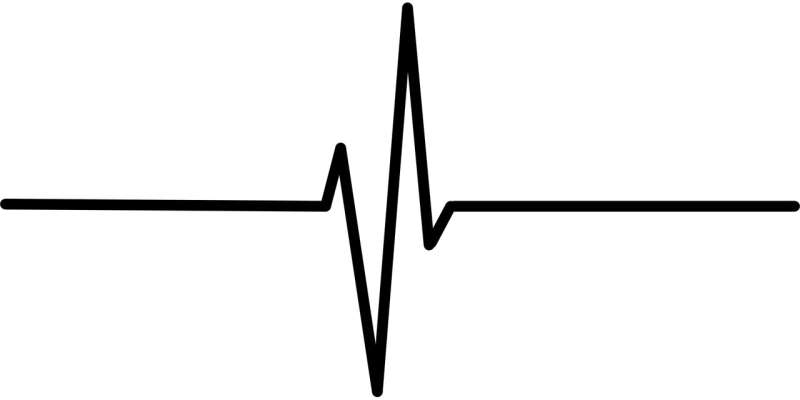This article has been reviewed according to Science X's editorial process and policies. Editors have highlighted the following attributes while ensuring the content's credibility:
fact-checked
peer-reviewed publication
trusted source
proofread
Emergency cardiovascular care impact goal outlines three target needs

Only 10% of people who experience a cardiac arrest survive. In new challenge goals outlined in the American Heart Association Emergency Cardiovascular Care 2030 Impact Goals and Call to Action to Improve Cardiac Arrest Outcomes, the American Heart Association's volunteer advisory Emergency Cardiovascular Care Committee makes the case for doubling survivorship to 20%.
New 10-year goals for the nation, published in Circulation, can be achieved by increasing the rate of bystander cardiopulmonary resuscitation (CPR) to more than 50% and increasing the frequency of defibrillation (AED use) for out-of-hospital cardiac arrest before emergency services arrive; survival after cardiac arrest whether at home or in the hospital, and neurologically intact survival (surviving with proper brain function).
Equity-focused goals are also key to improving cardiac arrest survival outcomes with a specific focus on racial/ethnic and other historically marginalized groups and communities with low socioeconomic status.
The volunteer expert committee identifies clinical goals every 10 years that are aligned with the Association's broader mission while seeking to provide guidance for scientists, health care professionals, the public, policymakers and others to focus on improving outcomes from cardiac arrest. This new, bold goal—announced during the Association's centennial year—highlights its focus on saving and improving lives.
"We hope these goals will serve as an aspirational and achievable road map for improved heart health and better survival rates in all communities and for all people," said Raina M. Merchant, M.D., M.S.H.P., FAHA, American Heart Association volunteer chair of the statement's writing committee and a professor of emergency medicine at the University of Pennsylvania's Perelman School of Medicine.
"Achieving them will truly take a collaboration among health care professionals, first responders and the public and will require supporting registries, such as CARES and Get With the Guidelines, to help with tracking and reporting about the many factors that impact cardiac arrest incidence, treatment and outcomes."
Currently, 90% of people who experience cardiac arrest outside of a hospital die, in part because they do not receive CPR more than half of the time. To save more lives from the approximately 350,000 cardiac arrests that occur outside of the hospital every year, increasing the number of people who respond to cardiac arrest by calling 911, delivering high-quality CPR and getting and using an AED as soon as it is available are crucial to survival outcomes.
Black or Hispanic adults who experience cardiac arrest outside a hospital setting are substantially less likely to receive lifesaving care from a bystander. The Association is working to change this by improving access to lifesaving CPR training in these communities.
The Association's focus on CPR training and education has already shown improvement in bystander willingness to provide lifesaving care. In a 2023 consumer survey, over half of the participants said they would perform either CPR or Hands-Only CPR and that their confidence level in performing CPR has improved from 2021. Immediate CPR and defibrillation are key to doubling the survival rate of cardiac arrest by 2030.
More information: The American Heart Association Emergency Cardiovascular Care 2030 Impact Goals and Call to Action to Improve Cardiac Arrest Outcomes: A Scientific Statement From the American Heart Association.Circulation, DOI: 10.1161/CIR.0000000000001196




















